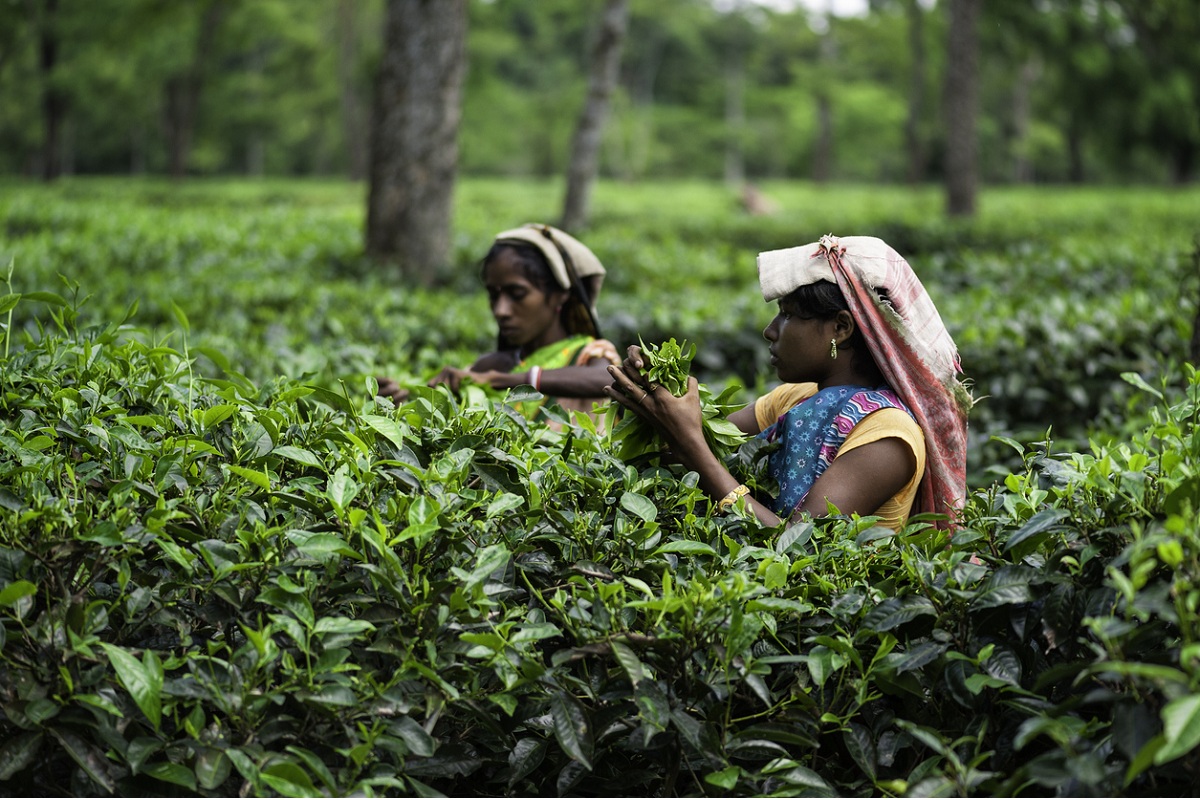Palamau tigers head for home: Foresters
It's possibly the time for the Jharkhand tigers to return home, as their current movement reflects.
Given this scenario, a section of tea garden owners, who are still against the government’s order to pay wages, are wondering what the government will do against an employer, who does not have money due to the lockdown, surrenders after failing to make such payments.

(Representational Image: iStock)
At a time when a majority of tea garden owners in north Bengal have expressed inability to pay their workers during the lockdown period, Ashok Lohia, a planter, who owns 13 tea gardens in Darjeeling, has said that he would pay his workers as per the government’s decision.
Given this scenario, a section of tea garden owners, who are still against the government’s order to pay wages, are wondering what the government will do against an employer, who does not have money due to the lockdown, surrenders after failing to make such payments.
Advertisement
“No employer can withhold or deny the wages to employees or terminate their services on the pretext of the lockdown,” an insider in the tea industry quoted Section 72 of the Disaster Management Act as stating.“ The provision of Section 72 will have effect, notwithstanding anything inconsistent therewith contained in any other law for the time being in force or in any instrument having effect by virtue of any law other than this Act,” the insider further said.
Advertisement
However, as the Union Home Ministry on 3 April exempted the tea sector from the lockdown and allowed deployment of 50 percent workforce, the state government has not yet allowed planters to continue operations. In the meantime, Darjeeling MP Raju Bista has already requested Home Minister Amit Shah to review the order, citing many reasons, including influx of hundreds of migrant workers in tea plantations and fear of ‘community spreading.
‘ Gorkha Jan Mukti Morcha leader Binoy Tamang also criticised the decision to exempt the tea industry and termed it an “inhuman decision” for tea garden workers. Mr Tamang also formulated 10 conditions, demanding safety and security of the 50 percent workers proposed to be engaged to run the gardens. Similarly, the All India Central Council of Trade Unions has strongly condemned and opposed the Central government’s order to resume work in tea plantations.
Significantly, a group of tea garden owners, who are desperately trying to convince both the central and state governments to allow operations, has sought help from Rajya Sabha member Shanta Chhetri, highlighting many issues, including inability to pay wages, and has requested her to demand wages from the government. On the other hand, a tea garden owner, Kishori Lal Agarwal, has explained to Mr Bista the system of workers’ deployment–from plucking to manufacturing tea, its dispatch, and how it maintains ‘safe distancing’ automatically, to convince him so that he pleads for exemption of the tea industry.
It may be noted that the tea industry in North Bengal, especially Darjeeling, has incurred huge losses due to the coronavirus outbreak and the lockdown during the first flush season that has already begun. Sources said state government officials have held meetings with planters and have concluded that planters need to maintain the garden by skiffing bushes which are overgrown, so that they can start production in the second flush period if normality is restored.
“The state government may allow planters to continue skiffing of tea bushes on some conditions,” a top administrative official said.A tea garden owner in the Hills said, “In Darjeeling, the high elevation gardens can still prepare first flush tea from the Chinese bushes. First flush from Assam hybrid can also be made in the high elevation gardens where such bushes have overgrown to six leaves and a bud. We need to pluck two leaf and a bud and slash the remaining four leaves which have become hard.”
According to him, slashing is not required in Chinese high elevation bushes because they have reached a stage of two leaf and a bud as of now.“After slashing, it will take three weeks for the new pluck-able shoots to come up in Darjeeling gardens,” he added.
Advertisement